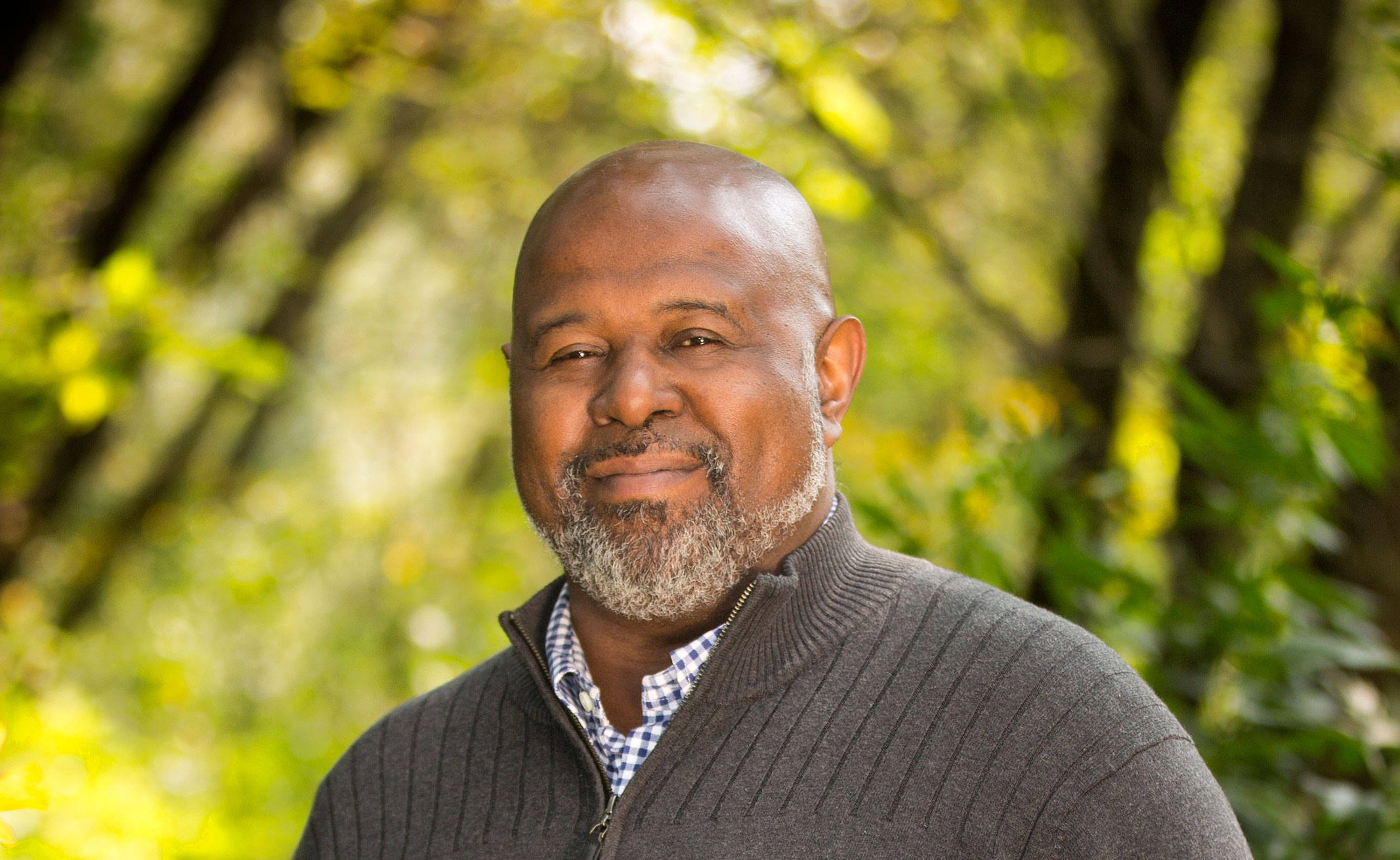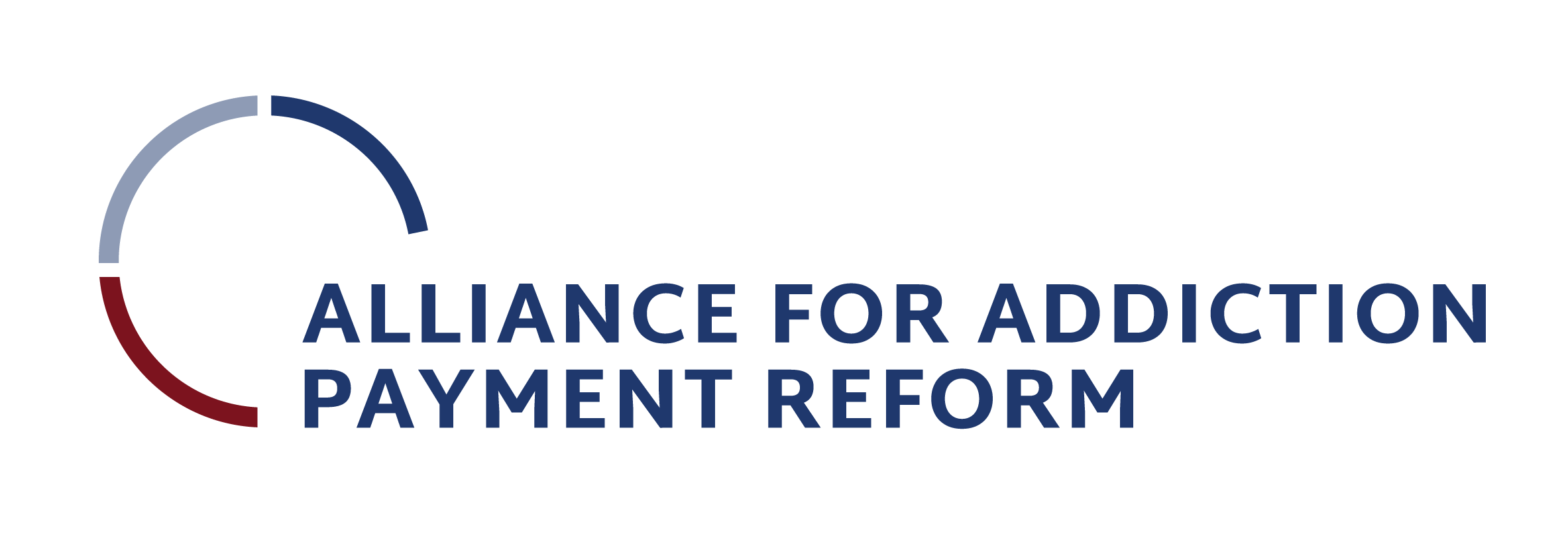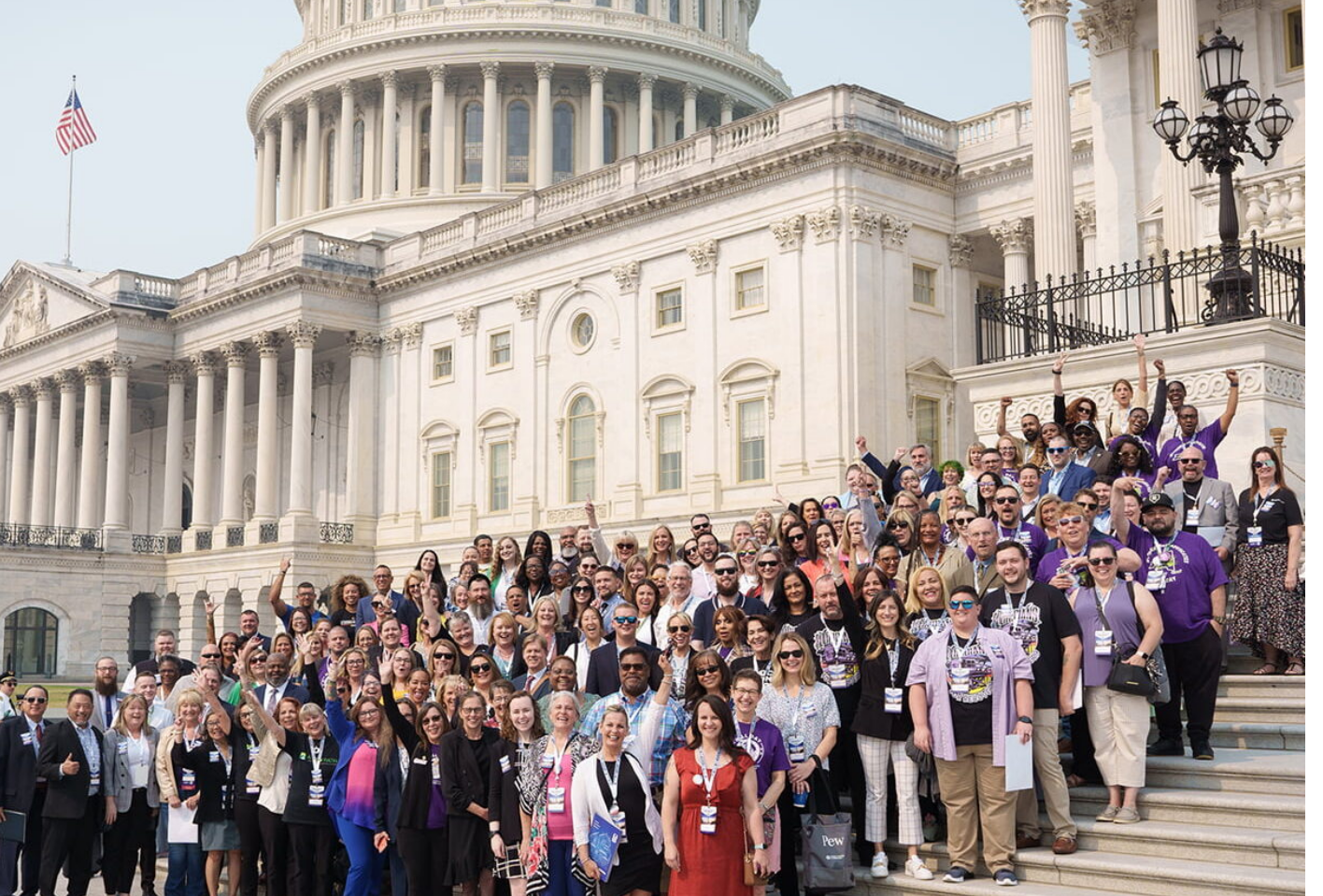Unfortunately, the SUD treatment and health care ecosystem in the United States has been slow to adopt this untapped workforce with full vigor. Our current peer recovery support certification across the United States is a patchwork of state-level rules and regulations which aren’t necessarily consistent with what professional literature has suggested in terms of striving for this consistency. For instance, in June of 2023, SAMHSA released its National Model Standards for Peer Support Certification. These guidelines were developed in an effort to support President Biden’s 2022 strategy to address our nation’s mental health crisis through “the development and implementation of a national certification program for mental health peer specialists.” Essentially, the national model standards for peer support certification foster:
- a promotion of quality and consistency across peer services
- an erosion of barriers to expanding the peer workforce
- a deep appreciation of and guidance from the peer workforce
- a leveraging of existing practices utilized by state certification entities
As with any semblance of cohesion around health care activity and professional contribution, there will be a varying degree of interpretation with respect to how these types of guidelines impact service delivery. A myriad of state and federal policies, programs, and an extremely complex set of reimbursement methodologies need to be navigated. Do peer recovery support services lend themselves well to an already broken emphasis on fee-for-service (FFS) payments? Perhaps a sounder approach would be movement toward alternative payment models which recognize the fluidity of peer recovery support, and how it unfolds at the service delivery level. Also, are we doing enough to encourage diversity within the peer recovery support workforce? How do we improve peer recovery support pipelines which will resonate with the Black, Indigenous, People of Color (BIPOC) community?
To dig further into these questions, I met with Phil Rutherford, Chief Operating Officer at Faces and Voices of Recovery, an organization that has been tirelessly dedicated to “mobilizing the over 23 million Americans in recovery from addiction to alcohol and other drugs” as well as their family, friends, and allies for the past 22 years.

Phil Rutherford, Faces and Voices of Recovery
Eric (Alliance for Addiction Payment Reform): September is National Recovery Month. I’d love to focus on the role that Peer Recovery Specialists play in shoring up the need for a cogent and outcomes-focused approach to how we address SUD in this country.
Phil (Faces and Voices of Recovery): I really appreciate that you mentioned outcomes. I think one of the things that gets lost in this discussion about recovery support at large is that we need to focus on an outcome of sustained wellness. Peer Recovery Support Specialists (PRS) provide a vital link in this process. Whether it’s resource navigation, direct recovery support, or just a friendly face, these interactions can be pivotal in early recovery.
Eric: How do we improve PRS pipelines which will resonate with the BIPOC community?
Phil: A few quick points first. While I recognize that BIPOC is an easy descriptor to talk about specific communities, it really is a bit of a misnomer. Specifically, because the approaches and methodologies that will be effective in the Black community may be wholly different from the approaches that work in Indigenous or Latino communities. It is critically important that we identify culturally specific approaches for each community. My own personal recovery journey is deeply tied to culturally specific peer support, although not delivered by a traditional recovery community organization. I was lucky in that I had access to excellent care for SUD treatment, but I languished after multiple treatments due to my inability to find deep and meaningful connections in the recovery community, which at that point, seemed mostly white, and not particularly welcoming to me. In the spirit of full disclosure, I don’t know if I actually wanted a deep and meaningful connection, it was simply easier to say I didn’t fit in. After my last visit to Hazelden, I met a man who looked like me and had experienced life and SUD in the way that I had. He introduced me to other men with similar experiences, and something about that worked. I haven’t looked back since. I have since seen this pattern repeated, it is clearly a critical component of the continuum of care. To answer your question more directly, the correct way to increase the number of PRS in culturally specific environments is to fund them – pure and simple. The disparities in health care and availability of resources in these communities extend to the behavioral health system, and in some cases even worse. I believe this is a contributing factor to the surge in drug poisoning deaths in these communities.
Eric: What role do Peer Recovery Specialists (PRS) play in helping to address the workforce shortage?
Phil: Recovery Support Specialists are key to reducing the impact of the workforce shortage. This will require a reimagining of the current system of care for people with SUD. This has started in small doses, but typically insurers are interested in paying for traditional treatment when it is clinically indicated, followed by some measure of aftercare. These are good things, but if our data tells us that true remission occurs at about five years for 85 percent of people with SUD, then we really should be looking at resources that can extend for that duration. Obviously, it’s cost prohibitive for clinical care to last that long, so a system that leans more on recovery supports is not just indicated but may become a necessity. The added benefit of this is that some of those same PRS will continue their education and possibly move directly into the clinical care field.
The correct way to increase the number of Peer Recovery Support Specialists (PRS) in culturally specific environments is to fund them – pure and simple. The disparities in health care and availability of resources in these communities extend to the behavioral health system, and in some cases even worse. I believe this is a contributing factor to the surge in drug poisoning deaths in these communities.
Eric: What are your thoughts with respect to reimbursement for PRS? For instance, the traditional FFS model of reimbursement doesn’t lend itself well to how PRSs work on a day-to-day basis.
Phil: I absolutely support reimbursement for PRS, and while traditional FFS models may be difficult to adapt to the dosage method, I believe we should adopt a “both-and” approach to reimbursement. Right now, in mature recovery organizations around the country, PRS billing is occurring without great difficulty. I wouldn’t describe this as most organizations, but we should support the ones who have figured out how to make it work. For the others, I believe it to be a combination of training and research into additional compensation models that work. I am a fan of what has worked in other fields, so I believe there may be some models out there for this type of care.
Eric: Also, states vary to a great degree with respect to how PRS are credentialed. This doesn’t typically fit into the required National Provider Identifier (NPI) requirements for traditional provider contracting structures in either government-funded or commercially funded health plans. There are several ways to address this through bundled case rates, capitated case rates, leveraging Medicaid Section 1115 waiver funding, etc. What are your thoughts with respect to credentialing for PRS?
Phil: I believe the technical term, for this is a “sticky wicket”. Without getting into a lengthy discussion of the virtues of the 10th Amendment, I think that we are probably stuck with a disparate system of state certifications. If there is an answer, it probably sits within reciprocity between states for credentials. Certainly, we can look to government organizations like SAMHSA to provide guideposts, but much like any other certification, it will be controlled by a state board.
We should adopt a “both-and” approach to reimbursement – support the organizations who have figured out how to make Recovery Support Specialists billing work and offer training and research into additional compensation models that work to those who have not figured it out.
Eric: There is concern that some states may have created systems that are too stringent or cost prohibitive when it comes to increasing the pipeline of PRS at the state level. Faces and Voices of Recovery have been at the forefront of this activity. Can you talk about how the Certified Recovery Community Organization (RCO) system works?
Phil: Sure, the RCO certification system is a measure of fidelity and rigor of practices at a recovery-centered organization. We have been engaged in this work for more than 20 years and have developed a compendium of knowledge and information regarding best practices for these types of organizations we utilize the participatory process to ensure fairness in certification – that means that independent RCO administrators and evaluators use objective measurements to assess these organizations and render an opinion. The process starts with an organization submitting an application. A Faces and Voices employee then reviews the application and conducts an on-site/virtual evaluation.
Eric: Phil, thanks for your thoughtful responses to this important conversation. Your comments have given us a great deal to think about when considering the power of peer recovery support, and PRS workforce development.
The Alliance for Addiction Payment Reform (Alliance) is a national multi-sector alliance of health care industry leaders – including payers, health systems, recovery service providers, and subject matter experts – dedicated to aligning incentives and establishing a structure that promotes the type of integration and patient care capable of producing improved outcomes for patients, payers, and health systems. The Alliance brings together clinical, addiction, information technology, primary care, social, regulatory, and policy expertise and has logged hundreds of hours of workgroup meetings, ratifying consensus principles and outputs.
Faces and Voices of Recovery (FAVOR) was founded in 2001 and has become an integral part of the recovery movement and its future. FAVOR advances recovery wellness efforts at every level. FAVOR connects, organizes, and mobilizes millions of faces and voices. Through collective efforts in recovery advocacy, community support, and education, FAVOR promotes the right of every individual and family to recover from substance use disorder, while demonstrating the value and impact of long-term recovery.

